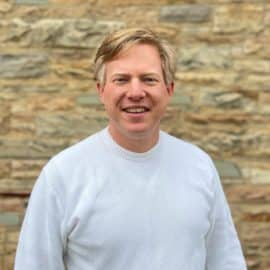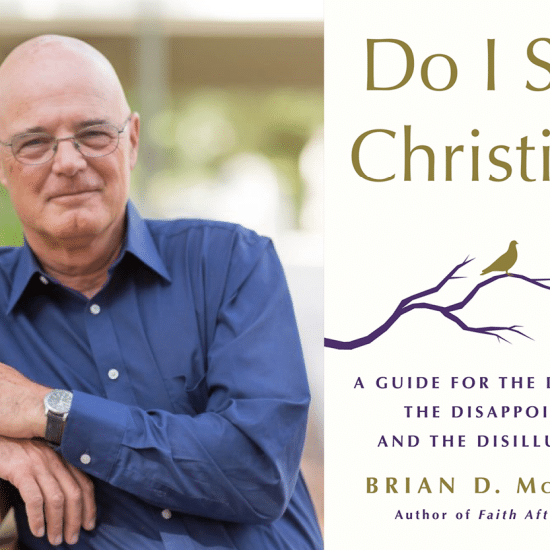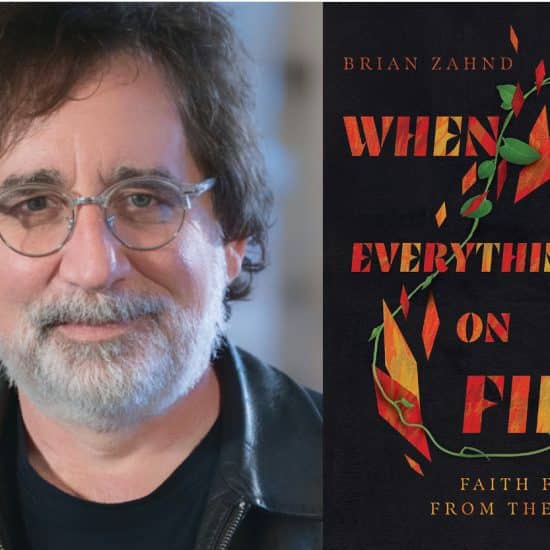WASHINGTON — While the fastest-growing religious segment of the United States population is those who are not affiliated with a particular religion, that group is not necessarily comprised of secularists and largely remains open to faith, a new study shows.
But majorities of those who have left their childhood faith cite judgmentalism and hypocrisy among religious people and leaders as a major reason why they left the fold.
The Pew Forum on Religion and Public Life released the study — a follow-up to a survey released in December — on April 27.
The “Faith in Flux: Changes in Religious Affiliation in the U.S.” study involved in-depth interviews with more than 2,800 people who had responded to the earlier “U.S. Religious Landscape Survey," which found that more than 16 percent of all Americans were not affiliated with any particular religious group.
Of the currently unaffiliated in the original survey, 79 percent said they had been raised in a religious tradition. However, those raised religiously unaffiliated apparently have a significantly harder retention problem than many faith groups. A majority — 54 percent — of those who were raised religiously unaffiliated now say they belong to a religious group.
A full 39 percent of respondents who said they were unaffiliated as children became Protestants. While 22 percent of the formerly unaffiliated had joined majority-white evangelical Protestant churches, 13 percent had joined historically white mainline Protestant denominations and 4 percent had joined historically African-American Protestant churches.
Only 6 percent of those raised without a religious affiliation had converted to Catholicism, and 9 percent had converted to other faith groups (including Eastern Orthodox Christianity, Judaism, Islam and smaller religious groups).
Of the unaffiliated who eventually joined Protestant churches, those who joined evangelical organizations — whose very name implies evangelism — were just as likely to cite a friend’s invitation to church as a factor in their conversion as those who joined mainline Protestant churches.
The ranks of the currently unaffiliated, the survey found, are not heavy on strong secularists. In fact, about a third of those who were religiously affiliated as children but have become unaffiliated said they thought they simply had not yet found the right religion and would be open to becoming religious again.
When asked about why they had left their childhood faith, large majorities of former Catholics and Protestants cited hypocrisy and judgmentalism among religious congregations and leaders, Pharisaical attitudes among the religious, greed in religious leaders and institutions and a belief that no single religion holds a corner on the truth.
However, only 32 percent of the unaffiliated who were raised in Catholic and Protestant churches agreed with the statement that “modern science proves religion is superstition.”
The study was devised from callback interviews of 2,867 people who had participated in the Pew Forum’s earlier religious-landscape survey, taken in 2007 and released in 2008.
Robert Marus is managing editor and Washington bureau chief for Associated Baptist Press.






